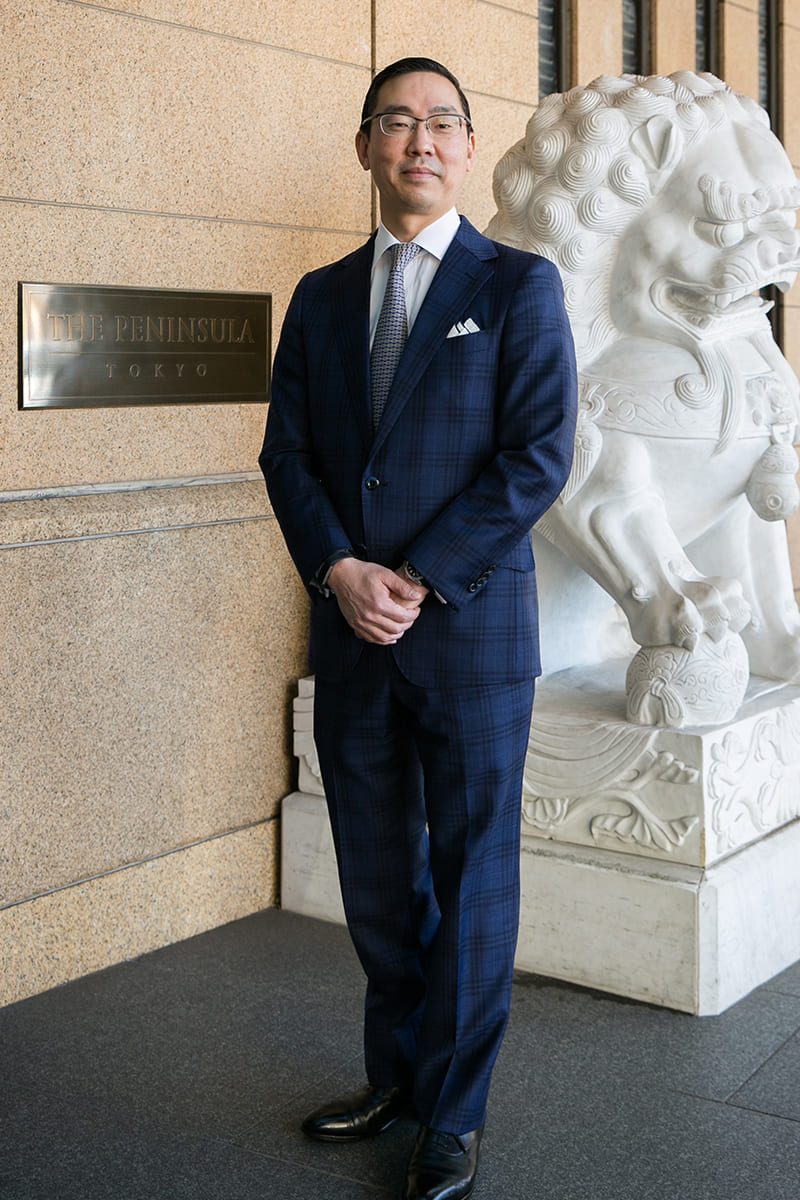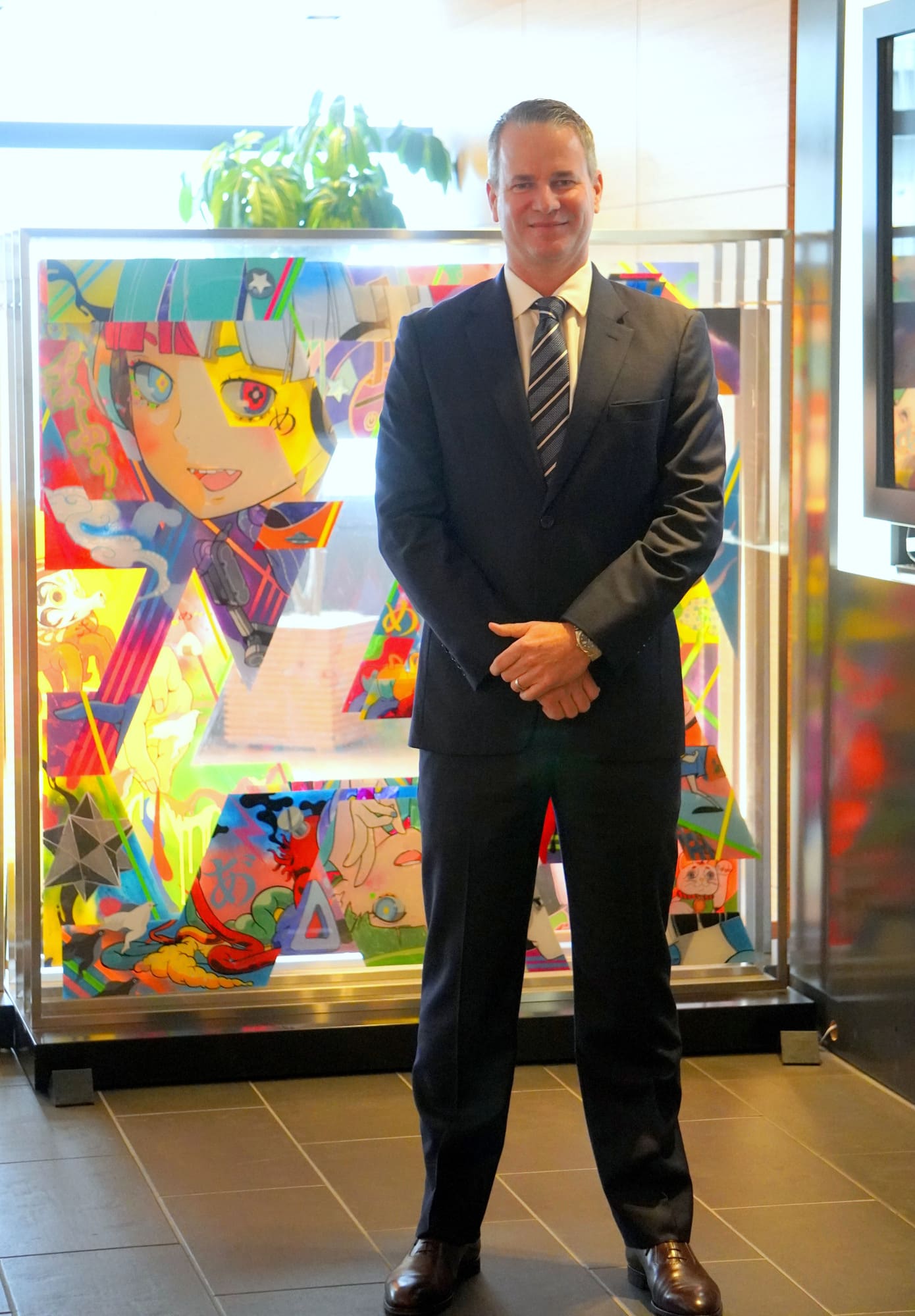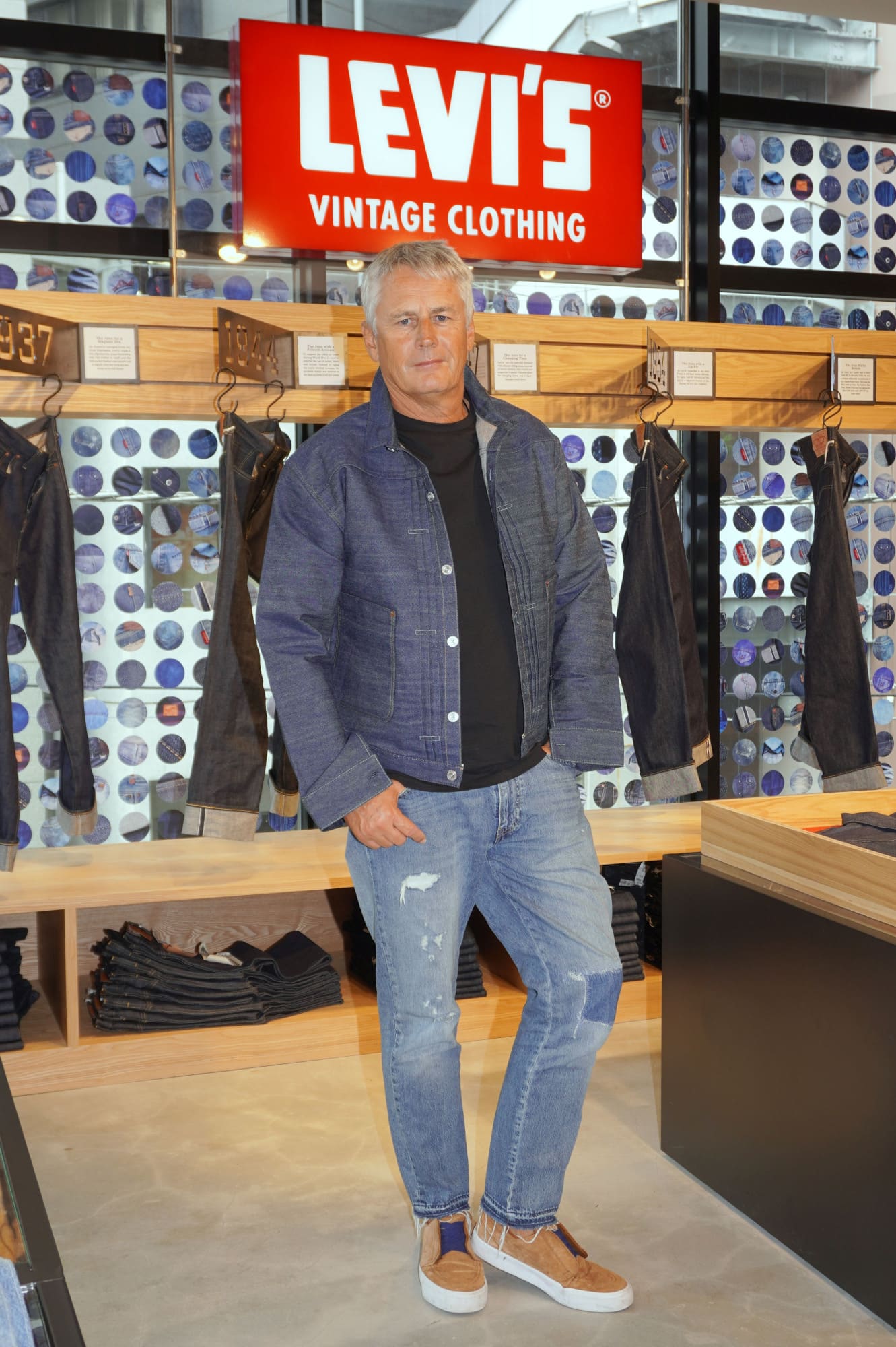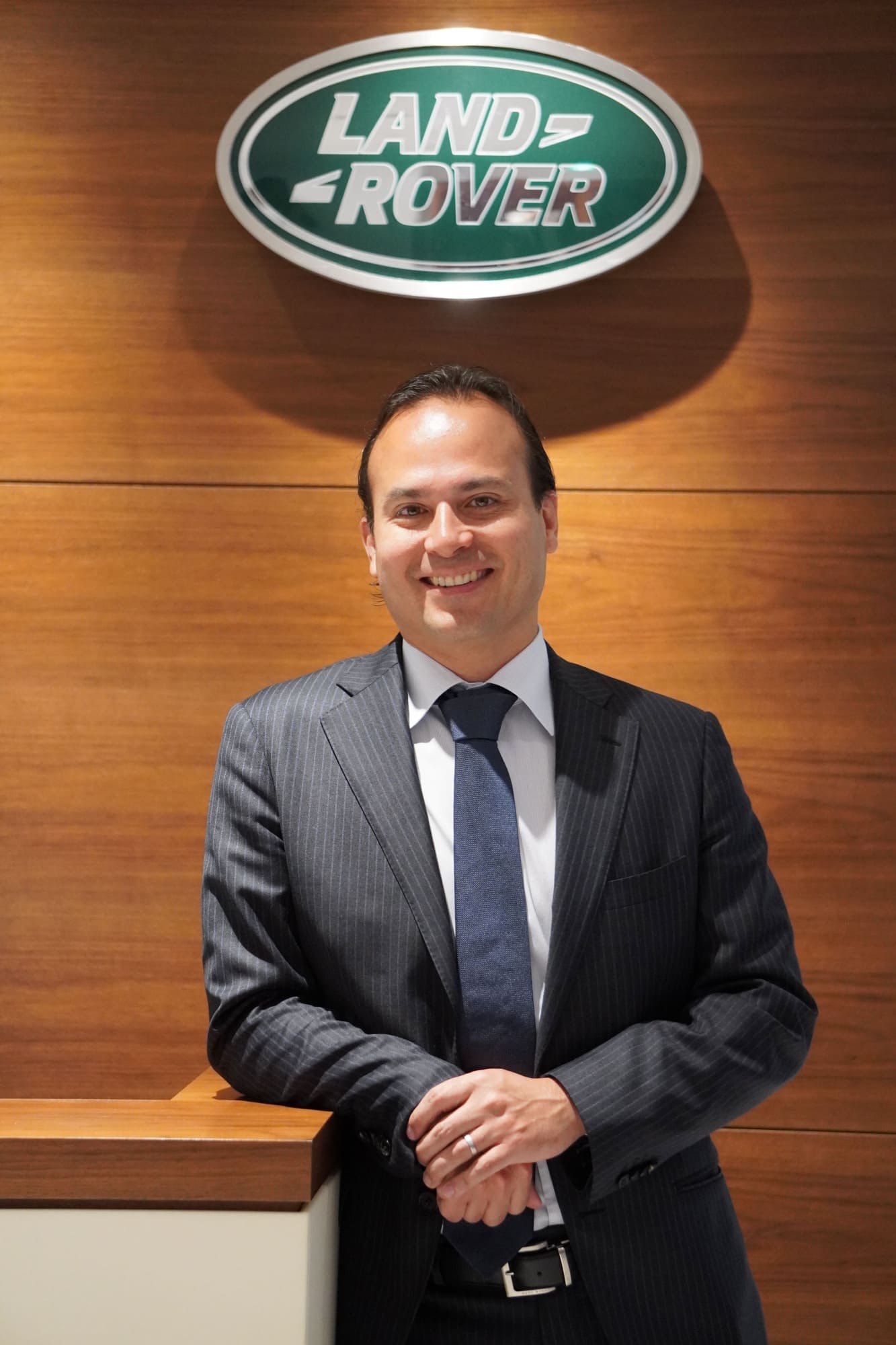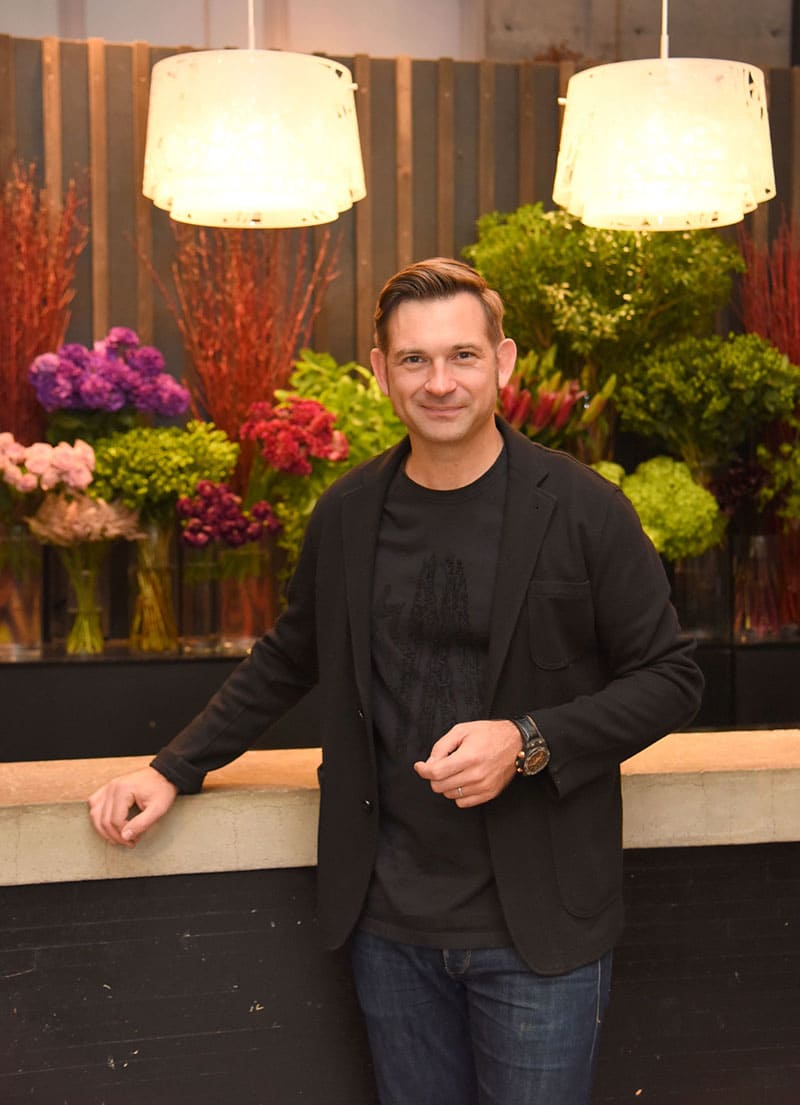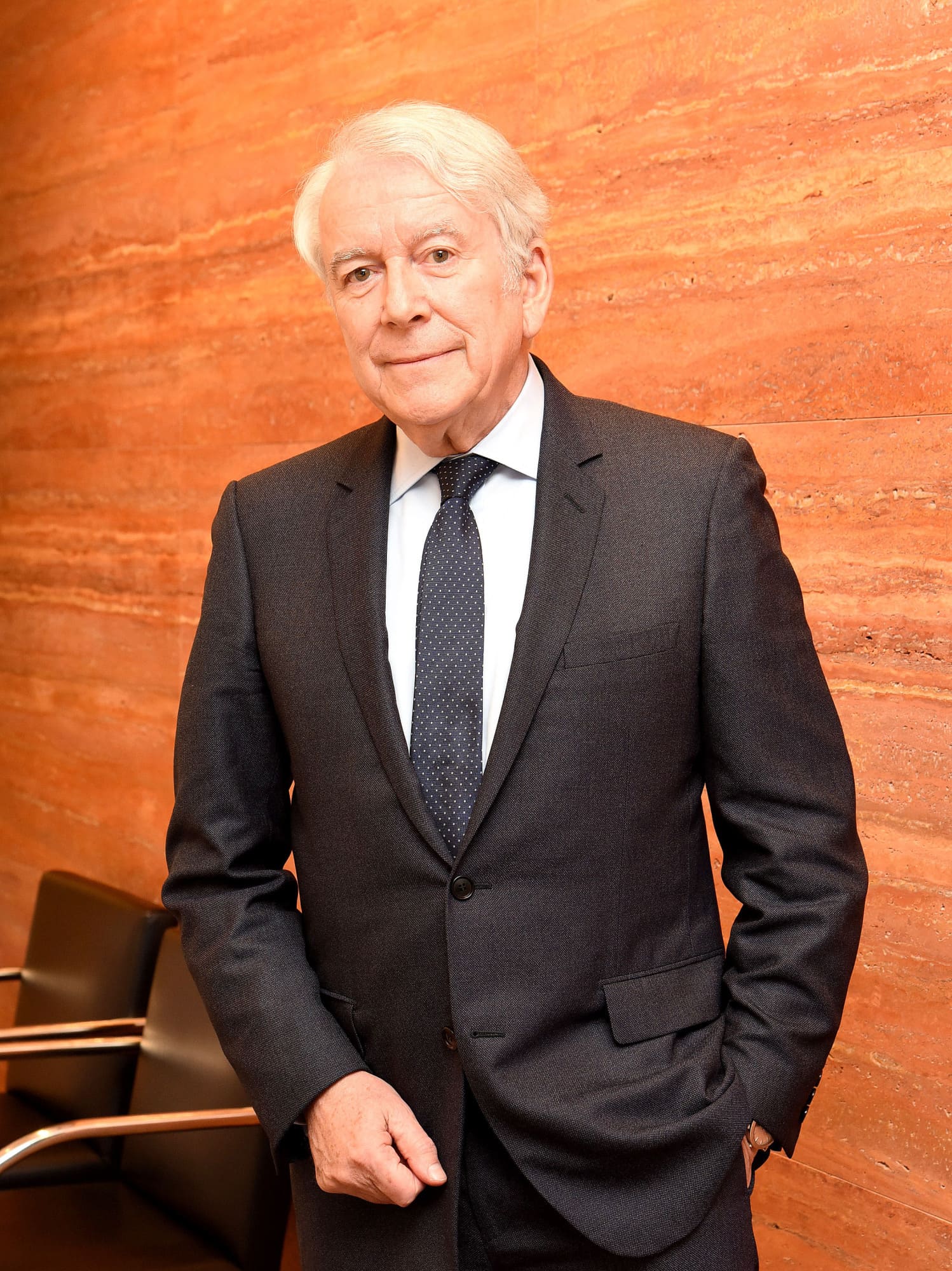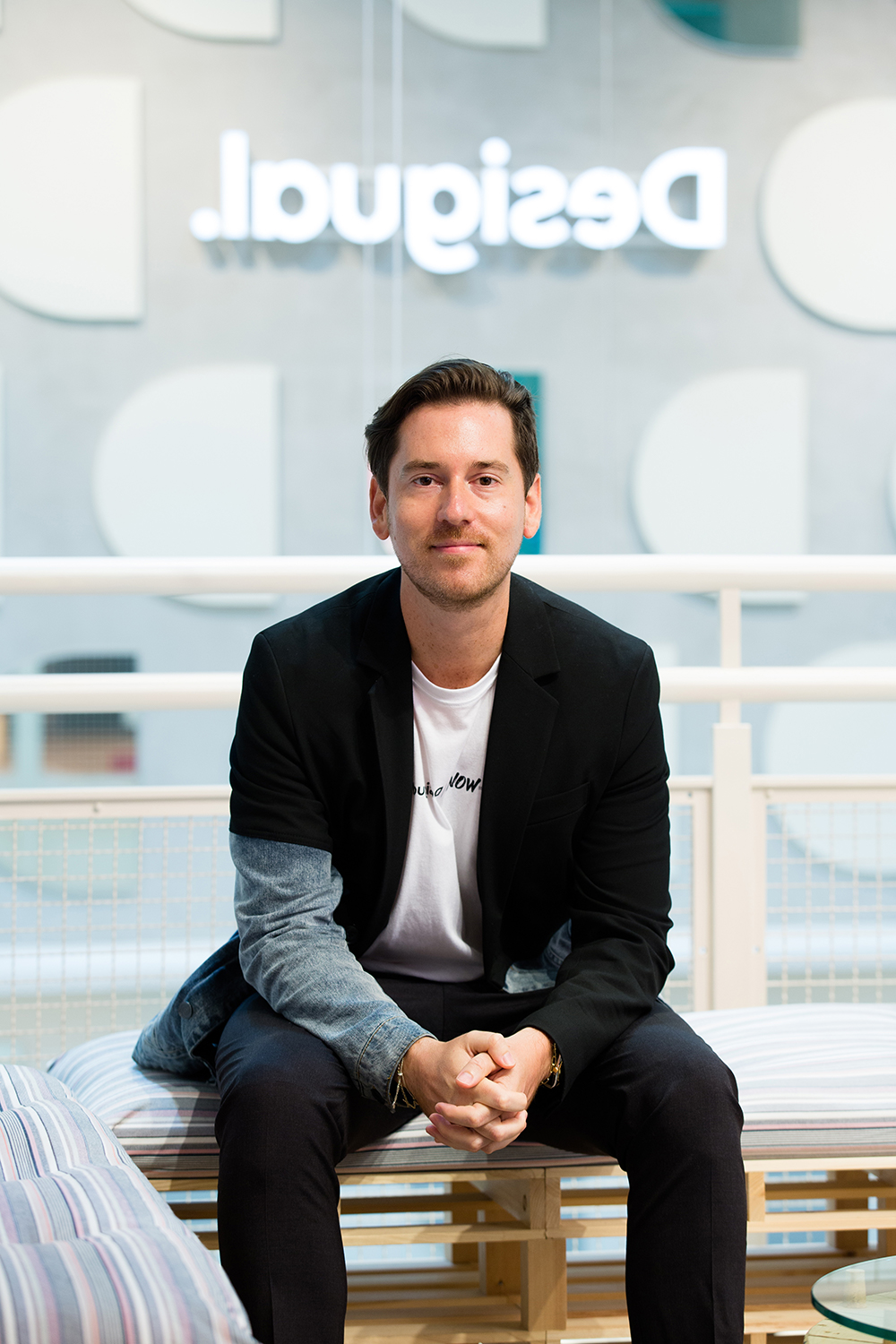
October 26, 2020
Mixing love of numbers and the personal touch
Desigual manager focuses on promoting fashion brand’s sustainability
BY JOE MUNTAL
CONTRIBUTING WRITER
- Name: Balazs Krizsanyik
- Title: Japan & APAC Country Manager
- URL: https://www.desigual.com/
- DoB: Nov. 4, 1983
- Hometown: Budapest
- Years in Japan: six
When Balazs Krizsanyik first visited Desigual’s headquarters in Barcelona, Spain, he was taken aback by the company’s unique, energetic culture. It was summer, and when he glanced into a meeting room, he saw surfboards on the walls and youthful employees wearing shorts. He thought to himself, “If you can do serious business with this attitude, then I want to be a part of it.” When the company offered him a position, he jumped at the chance to join the team.
Desigual has since grown into a global brand with 500 stores in 92 countries. Although the office culture has changed since the brand’s early days as a startup, Krizsanyik says it still retains its distinct identity.
Founded in 1984, Desigual is known for its asymmetric designs, vibrant patchwork and bright colors, as represented by the brand’s first design: an iconic Mickey Mouse jacket made with scraps of vintage jeans. The brand takes pride in its nonconformist attitude, Krizsanyik said. “Regardless of the market, we don’t give up our brand identity, what we stand for, or our origins.”
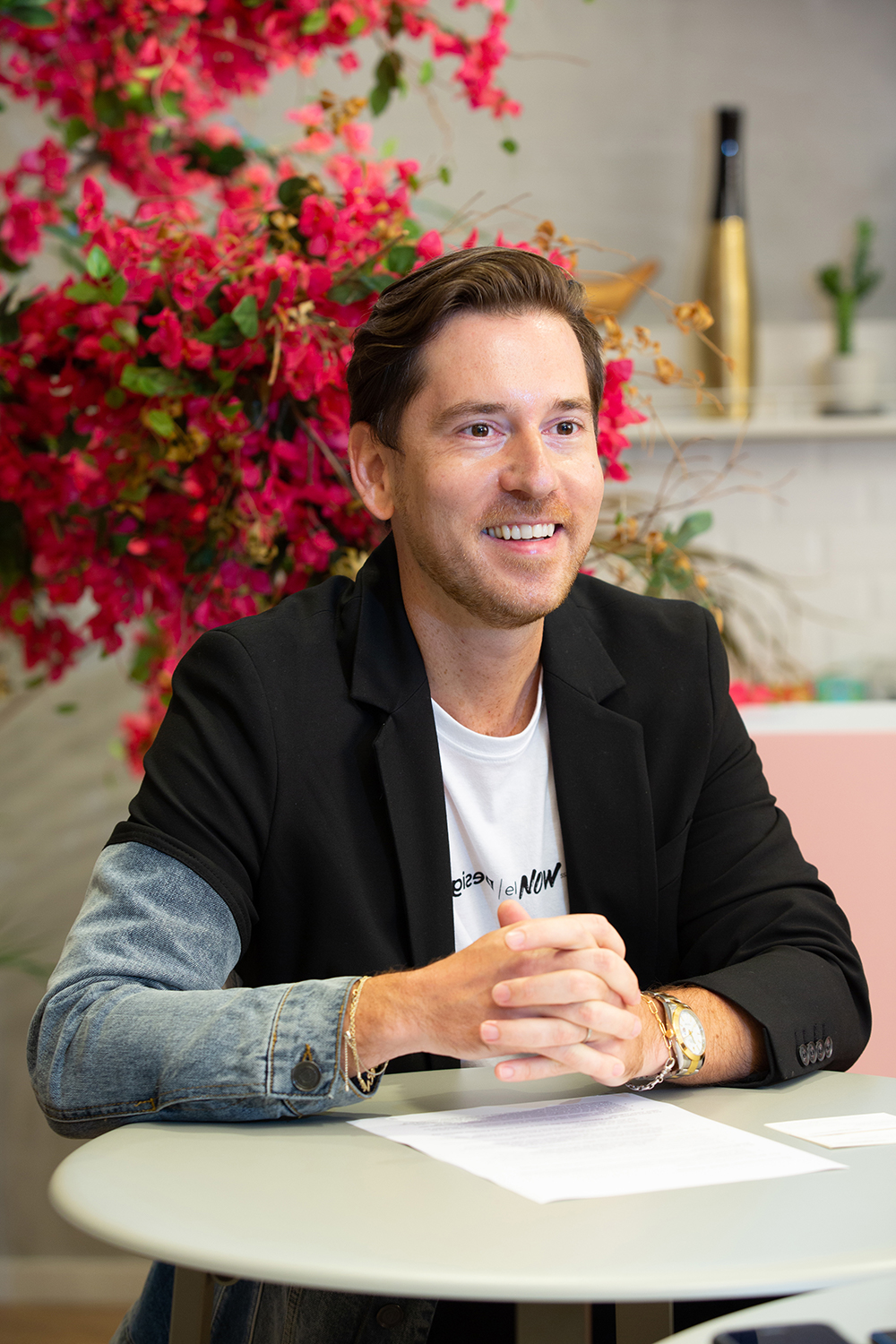
Krizsanyik’s entry into the fashion world occurred shortly after he completed his master’s in accounting and finance in his hometown of Budapest, Hungary. He wanted to develop a career that worked with numbers, but he also wanted to work in a field with a human element. Looking back, Krizsanyik believes the fashion industry was an ideal match for his interests. “It was a fortunate move, because now I can mix my passion for numbers with close interactions with products and customers,” he said.
Krizsanyik moved to Tokyo in 2013 after accepting his current position as general manager for the Asia-Pacific region. Desigual had established a presence in the region a few years earlier, as well as a handful of stores in Japan. The next step was to formulate a strategy for distribution and brand development. The senior managers approached Krizsanyik — who had proven himself as head of merchandising for the U.S. and Europe, as well as country manager for Northern Europe — with the challenge of creating a long-term plan for brand expansion in Asia. His assignment was supposed to last only one year, but seven years later you can still find him at Desigual’s stores directing teams and greeting customers.
Krizsanyik had never been to Japan prior to his current assignment. His experience as a head of merchandising had taught him the importance of adapting to local markets and their cultures, and so he approached the new stage of his career with an open mind. An important aspect of this process was ensuring they recruited the right people. “One part of our mission,” he said, “was to find talent who could fit in the culture and not change it, but help us adapt from within.”
According to Krizsanyik, Desigual is well suited to adapt to local markets because of its open, participatory culture. “We are an open company with a flat structure,” he said. “Everybody has a voice and everybody has to speak up. We don’t believe in titles that much.”
Since his move to Tokyo, Krizsanyik has gained deep insight into the country’s business practices. One characteristic that initially took him by surprise was the influence of personal relationships on the market. “I didn’t expect the market and culture to be so driven by personal relationships,” he noted. “Partnerships, trust and collaboration are extremely important, and these things take time. You need to consistently put in the energy and time in order to build a network.”
During the course of his assignment, Krizsanyik has also learned about the distinct qualities of Japanese hierarchy. Prior to coming to Japan, he assumed that organizations were a “one-man show” where subordinates unquestionably adhere to the commands of whoever is on top. “What was surprising to me was how important it was to establish harmony in order for your team to follow you,” he commented. “You need to know what to give up and when to consult with people. Collaboration is really important.”
Krizsanyik is currently focused on promoting the brand’s sustainability initiatives. “By 2023, we intend to ensure that over 50 percent of our collections are made with sustainable, organic-friendly materials,” he said. “This encompasses the whole supply chain, including how the materials are made and how they are transported.” The brand has already made progress toward these goals, with 53 percent of its women’s products already meeting the standard.
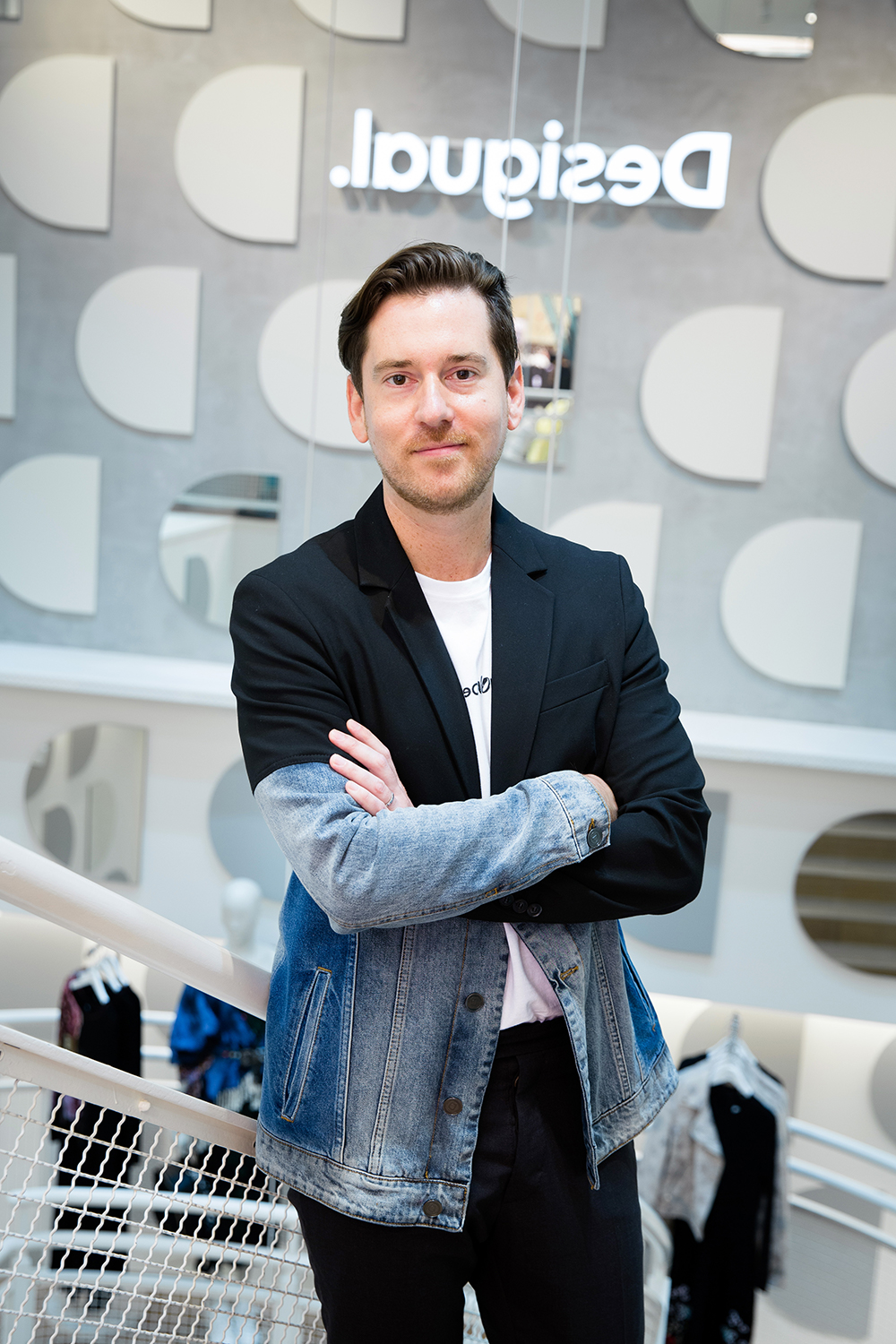
Whether it’s developing his team or promoting sustainability initiatives, Krizsanyik strives to be persistent and consistent in whatever he does. “I’m not a guy of mottoes but I actually have one: ‘Keep on going,'” he said. “On a professional level, it’s important to make sure that you always keep on going and never give up on your main goal. However, it’s also important that you remain open to how you get there.”

